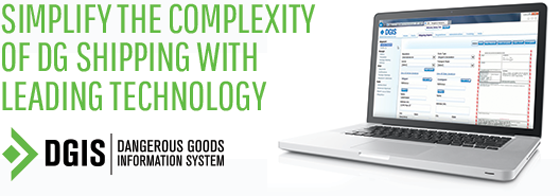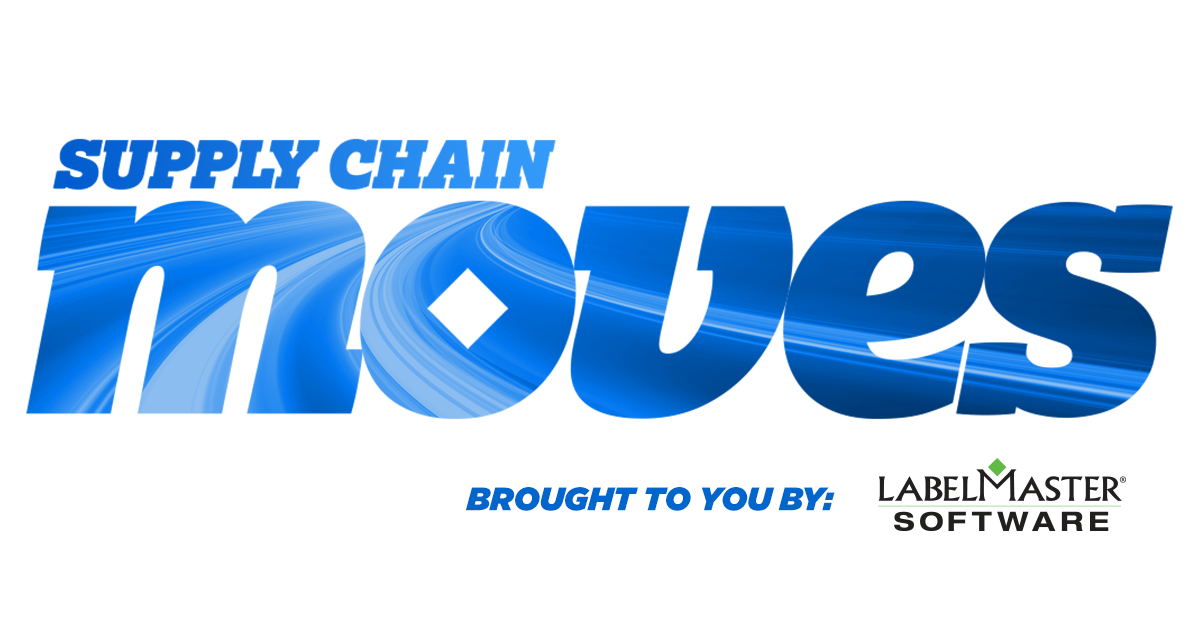

Week of April 29, 2019
Linking technology news with Dangerous Goods compliance
Advancements in technology leads to more complex supply chains, especially for companies shipping dangerous goods. It’s important for organizations to understand the impact new technologies have on their operations, and then leverage other technology solutions to effectively manage the process.
To help companies keep a pulse on technology trends impacting business and the movement of dangerous goods throughout the supply chain, Labelmaster has launched “Supply Chain Moves,” a weekly report linking the latest technology news to dangerous goods compliance.
Let’s examine the recent supply chain technology and industry news.
TECHNOLOGY
- The Impact of New Lithium Battery Transport Rules: The rules for transporting lithium batteries continue to expand and is putting pressure on companies. Here strategies to help avoid supply chain disruptions.
- Epicor Adds Artificial Intelligence to ERP: The Epicor Virtual Agent is an industry-specific application of AI technology used to automate factory floor tasks and facilitate faster operations.
- Verizon Works to Integrate its Supply Chain Management System: Verizon’s chief procurement officer explains why the company is integrating several SAP systems to help manage more than $80B in annual spend.
- Pick up the Pace with New Picking Technologies: Innovations in voice, wearable and robotic picking technologies are helping companies boost productivity in the distribution center.
- 3 Reasons to Motivate Any Manufacturer to Invest in an ERP System: Manufacturers can benefit from a sound ERP system that helps collect and store data as well as manage and communicate its different functions. Here’s how they are making that data useful.
- UPS Sees Payoff From $20Bn Tech Bet: UPS is counting on algorithms you can’t see to prove that investors were wrong to doubt its three-year, $20B technological makeover.
3PL TECH
- SAP and Uber Freight Partner to Deliver On-Demand Logistics: SAP and Uber Freight are partnering to modernize the freight industry through intelligent process automation and a network of connected and reliable drivers.
- Inbound Freight TMS and Integration: How Shippers Gain Max Efficiency: Poor inbound logistics management leads to limited visibility and high costs, but a TMS-optimized system can improve your inbound operations.
- 20 Critical Implementation Tasks When Moving to a 3PL: Once you contract with a 3PL you must coordinate with your departments, the 3PL, merchandise vendors and carriers. Here are 20 critical tasks to get the most out of the relationship.
- Managed Transportation Growth Drivers: The strong ROI from a managed transportation services relationship is helping drive market growth, but other growth factors exist as well.
Technology & Dangerous Goods Compliance
The fire risk associated with lithium batteries has led to increasingly strict restrictions – including being banned from passenger aircraft, rigorous testing and expanded marking and labeling requirements. While these rules are part of an industry-wide push to ensure safety, they have a significant impact on companies that manufacture and distribute lithium batteries (and the technologies that rely on them).
In an article from Battery Power Magazine, Labelmaster Manager of Regulatory Affairs and Corporate Responsibility Brian Beetz examined the impact of these latest rules and outlines strategies to help companies ensure compliance and avoid disruptions to operations, including:
- Staying up-to-date on the latest regulations and understand their impact
- Implementing proper processes and infrastructure to ensure all shipments are safe and compliant
- Partnering with a regulatory expert to answer questions and help ensure compliance
- Taking a strategic approach to lithium battery transport
As the use of lithium batteries and battery-powered devices continues to expand, so too will the rules for transporting them. To ensure compliance with these complex, ever-changing regulations, and to maintain safe and smooth operations, it’s critical for companies that manufacture and distribute these items to have adequate processes and infrastructure in place. By taking a strategic approach to lithium battery transport, companies can enhance their own operations while helping the industry achieve the overarching goal of these regulations—safety.
What strategies do you have in place to avoid disruptions?

Labelmaster’s Dangerous Goods Information System (DGIS) is the leading SaaS solution to help companies more efficiently and accurately manage their Dangerous Goods shipments. DGIS validates your Dangerous Goods shipment data against the latest regulations, ensuring a more efficient supply chain and reducing friction found in Dangerous Goods shipments. DGIS is a certified partner/validation solution with ERP, transportation and warehouse management systems.

